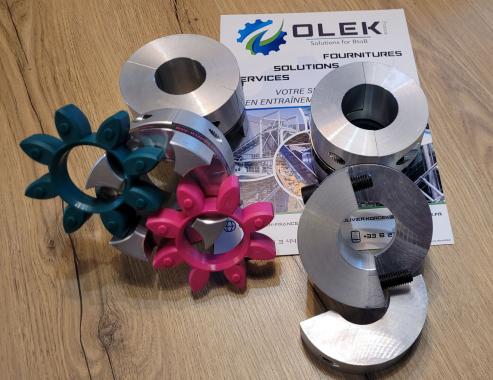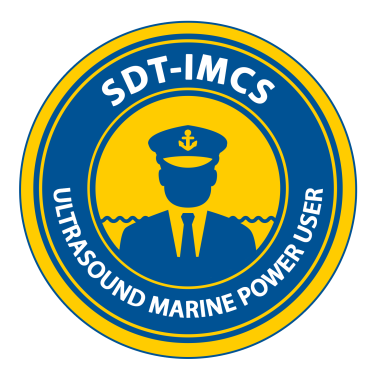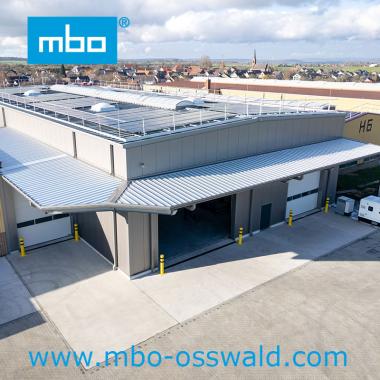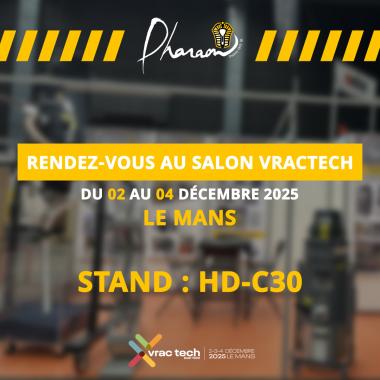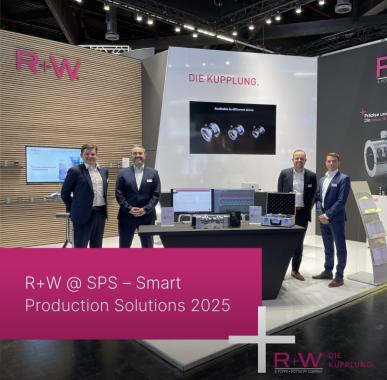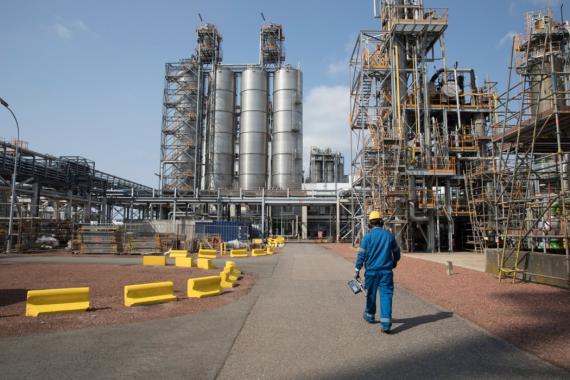Prioritising decarbonisation and energy efficiency
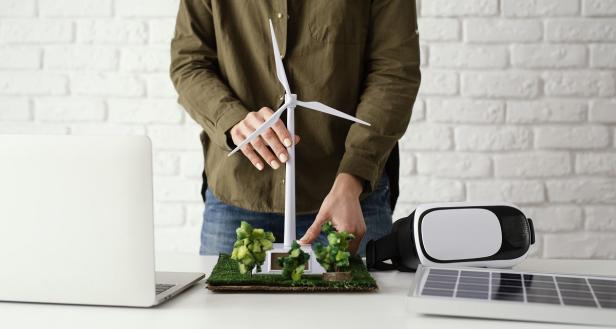
A strong government objective, the decarbonization of industry is necessary to achieve carbon neutrality by 2050. Industrial players are committed to improving their impact and improving energy efficiency. The Thermi-Lyon family business illustrates this virtuous development.
In France, the industry and construction sector was responsible for 13% of the country's CO 2 emissions in 2021 , i.e. third after transport and residential housing. In order to gradually reduce the country's carbon footprint until it reaches neutrality in 2050, the National Low Carbon Strategy (SNBC) was implemented in 2015. More and more industrial players are taking up this problematic, like Thermi-Lyon, a family group with 150 employees, eight industrial sites in France and one in Romania.
“ We do custom heat treatment on our customers' steel, stainless steel or aluminum parts. Thermi-Lyon also masters the technology of vacuum deposition”, explains Florent Monier, Chairman of the group. “In concrete terms, we modify the metallurgical characteristics of the mechanical parts that we process . We work for all sectors of activity where there is mechanics, but exclusively on high-stress safety parts”. These include, for example, carabiners for climbing, parts of cranes or special machines.
“ 80 to 90% of Thermi-Lyon's carbon footprint is related to energy consumption because we heat parts up to 800-1,100°C and then cool them. In total, our consumption reaches 20 gigawatt hours of electricity and 8 gigawatt hours of gas each year. It is estimated that 80% of our carbon consumption, linked to energy, corresponds to our consumption of town gas ”, specifies Florent Monier.
Measures to decarbonize the activity
Thermi-Lyon's industrial activity is a “ technical niche ” business, according to the manager. The energy expenditure that is necessary for him very quickly imposed itself as a position to follow. “ We have been measuring it since the first oil shock in 1974. To improve our carbon footprint, we have gradually developed measurement tools and made a set of expenditures to improve our energy efficiency. In fact, the two aspects are linked in our business,” explains Florent Monier.
The gas heaters in the offices have been replaced by heat pumps. The insulation has also been reinforced. This work was spread over five years, from 2016 to 2022. “ We are gradually deploying the change in lighting. We have also decided to take quite radical measures by completely stopping the gas heating in certain workshops, in Lyon for example. This allows substantial savings” .
Changes have also been made to equipment specific to Thermi-Lyon's activity: “ We have modified the water cooling systems on three of our sites – and the last two will soon be replaced as well. These pools allow us to cool our ovens. We have therefore implemented latest-generation, more efficient air/water exchanger cooling systems to adapt to climate change. Florent Monier emphasizes the need to take into account both the decarbonization of industry and the constraints relating to the climate. “ The heat pumps installed in the offices cool the premises during the hot season. As for swimming pool cooling systems, they make it possible to work better, including during very hot weather ”.
The industrial group has also retrofitted four furnaces by replacing ten-year-old burners. “ The rise in energy prices has made all of these investments attractive, more quickly. Until then, we had a gradual replacement schedule and we finally decided to speed up: between January 2023 and April 2023, the retrofit of the 4 ovens will have been completed. Thanks to this replacement, it is possible to save up to 25% in gas consumption. At the Andrézieux-Bouthéon site, sensors will soon be installed on 40 pieces of equipment, along with software to centralize data, to track consumption instantly. “ Our idea is to continue to refine the production organization to optimize it ,” concludes the manager. A formal carbon assessment is also planned for 2023.
Industrial decarbonization, a collective effort
Beyond its strategic measures, Thermi-Lyon wishes to involve its employees by encouraging them to limit waste – energy or relating to consumables in the workshops. To advance in its decarbonization and energy efficiency approach, Thermi-Lyon has also been supported for several years by partners such as CETIAT (Technical Center for Aeraulic and Thermal Industries), the federation of mechanical industries .
The group is also continuing its action in favor of decarbonization by encouraging its customers to move towards low-pressure or vacuum technologies. “ In France, electrical energy is largely carbon-free. By going under vacuum, the consumption of process gases is divided by five ”, underlines the manager. The proposal of another process, nitriding, is another possibility for improvement. It consists of treating the surface of a metal by incorporating nitrogen into the surface layer of the part. “ This process is carried out at 540°C: the part does not deform, which avoids the grinding stage. And the treatment, at a lower temperature, allows an enormous energy gain. However, we are currently observing resistance to change on the part of our customers because they do not know the process, the availability of their design office is necessary to rework on existing parts, they may have to change supplier to their subject…”
The leader nevertheless observes a strong trend towards material savings among his customers, who tend towards eco-design. “A downsizing effort was made, which continued in all areas of mechanics. This has made it possible to lighten the materials and reduce energy consumption. In 12 years, we have calculated in our factory in Lyon that the weight of our customers' parts has been divided by three. ". Florent Monier regrets that the metallic materials, which are largely recovered in France, are exported to Asia to be melted down and reused. “ It would be important to create a virtuous closed circle in order to reuse these metals locally ”. In fact, " we do not decarbonize alone", he concludes.
Our other news
See allJoin the largest community of industrial suppliers
- Helping you with your ongoing technology watch
- Provide you with detailed supplier statistics
- Give you international visibility
Discover the largest catalogue of industrial products on the market
- To offer you the best catalogue of industrial products on the market
- To guarantee you a 100% secure platform
- Enable you to have live remote exchanges
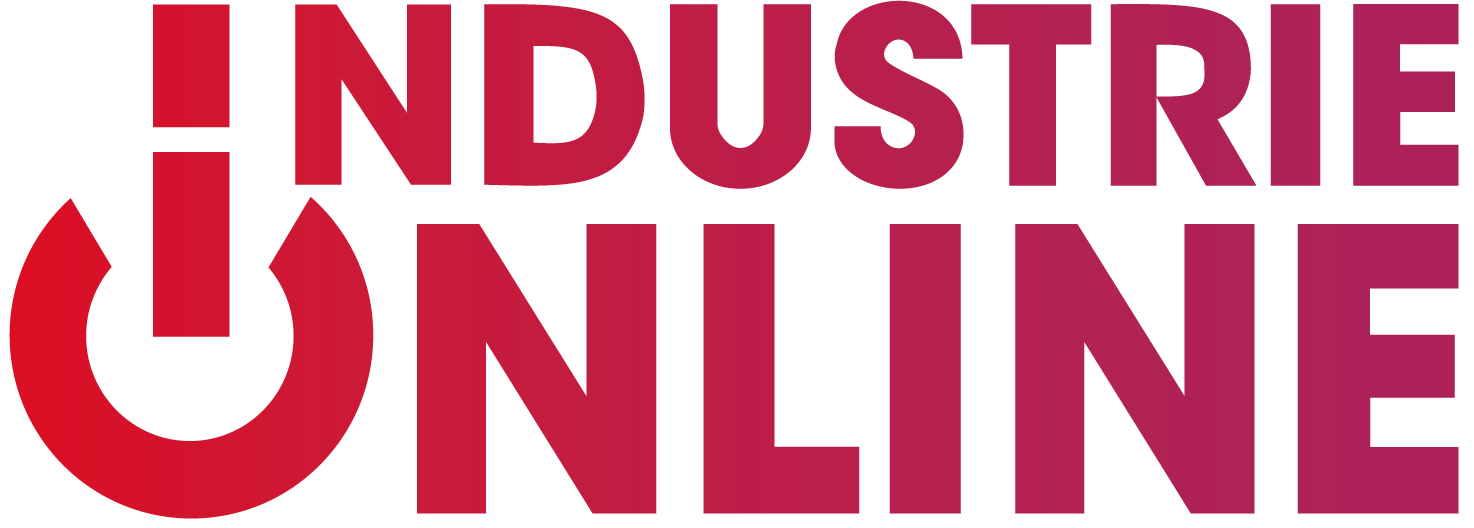

 Français
Français 